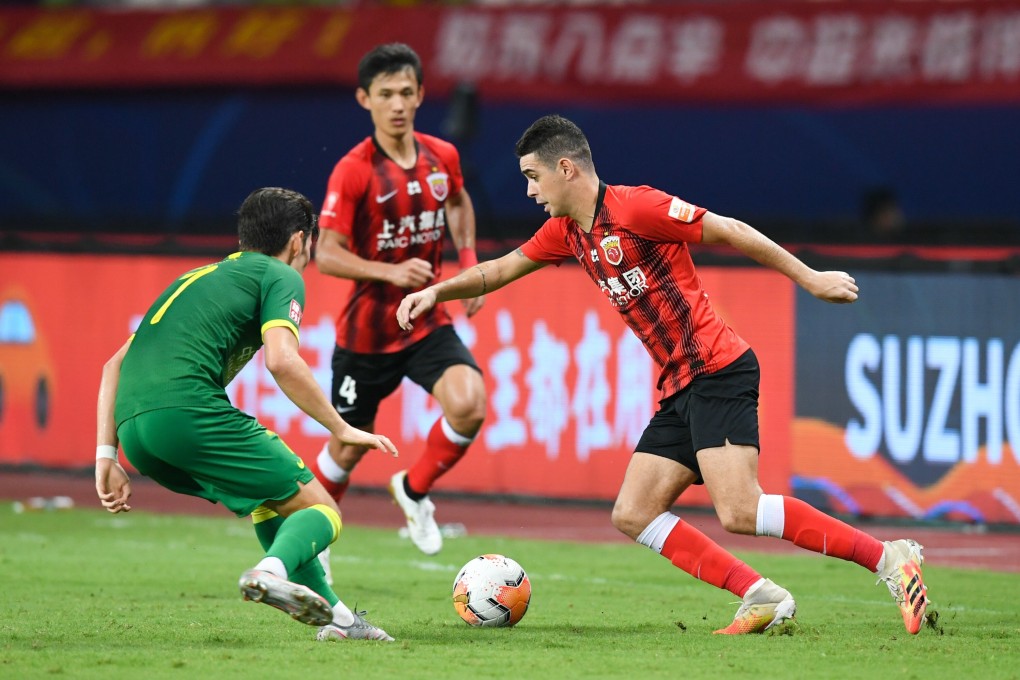Chinese Super League commentator Dan O’Hagan on the challenges of covering an often confusing league
- Dan O’Hagan has performed live commentary in English since 2016 when Chinese Super League began broadcasting in UK
- Great deal of professional satisfaction with Chinese games despite the struggle for ‘whimsy’ and staying up with sackings

“I think probably in terms of job satisfaction, I find the Chinese Super League games up there with the best because you have to put so much work in because they are teams that you don’t recognise or don’t see that often,” says UK-based CSL commentator Dan O’Hagan.
“When you feel you’ve done a good job covering a Chinese game then it gives you a huge amount of professional satisfaction.”
O’Hagan commentates for Premier Sports in the UK, with the feed sent around the world, as far afield as ESPN+ in the US and Saudi Arabia. He’s been commentating for 22 years, a career which started with Manchester United’s in-house television channel.
“It began with MUTV in Manchester with the likes of David Beckham, Alex Ferguson, Roy Keane,” he said, “Then I went to ITV Anglia, and then went freelance in 2005.” The journey from one of the world’s biggest clubs to one of its least known leagues followed in 2015.
“This is my fifth season. It always helps when you see teams a lot. I’m lucky that in the last five years I’ve seen SIPG, Guangzhou, Shandong Luneng, Beijing Guoan an awful lot. So I’m probably as familiar with those teams as I am sides in the Bundesliga, which I cover week in, week out, as well.